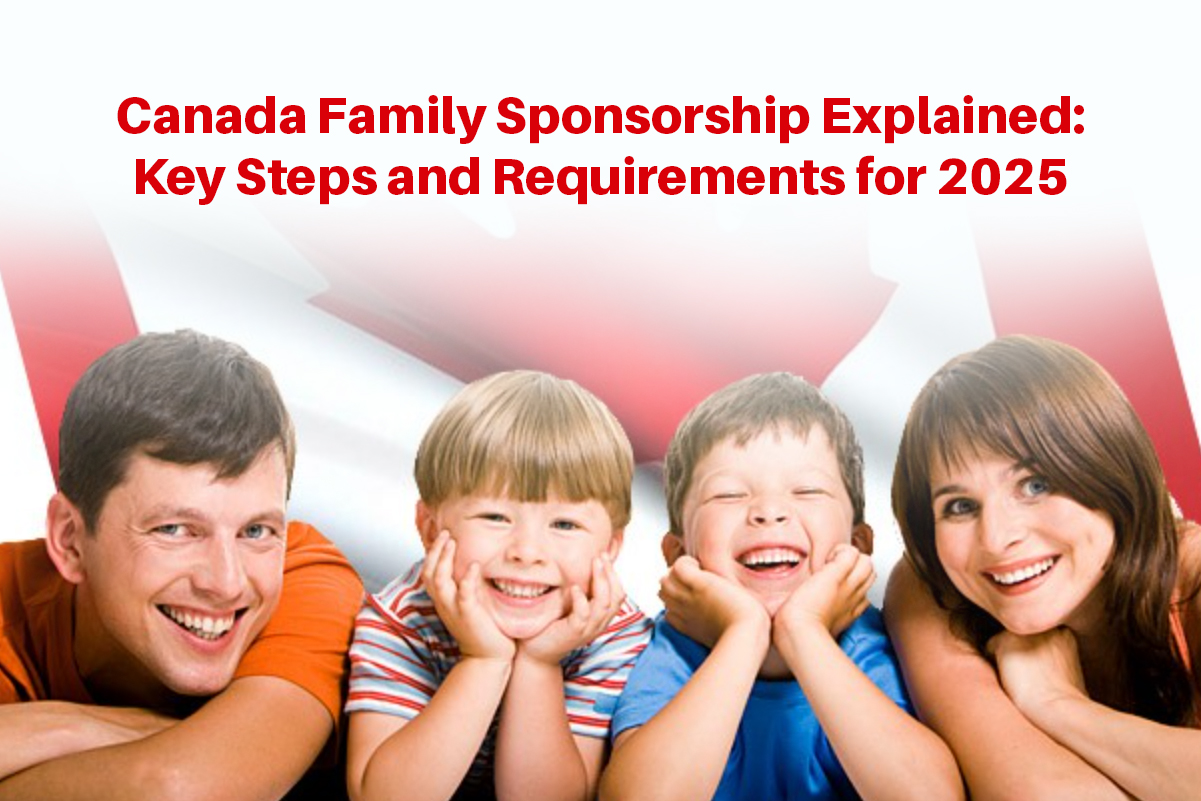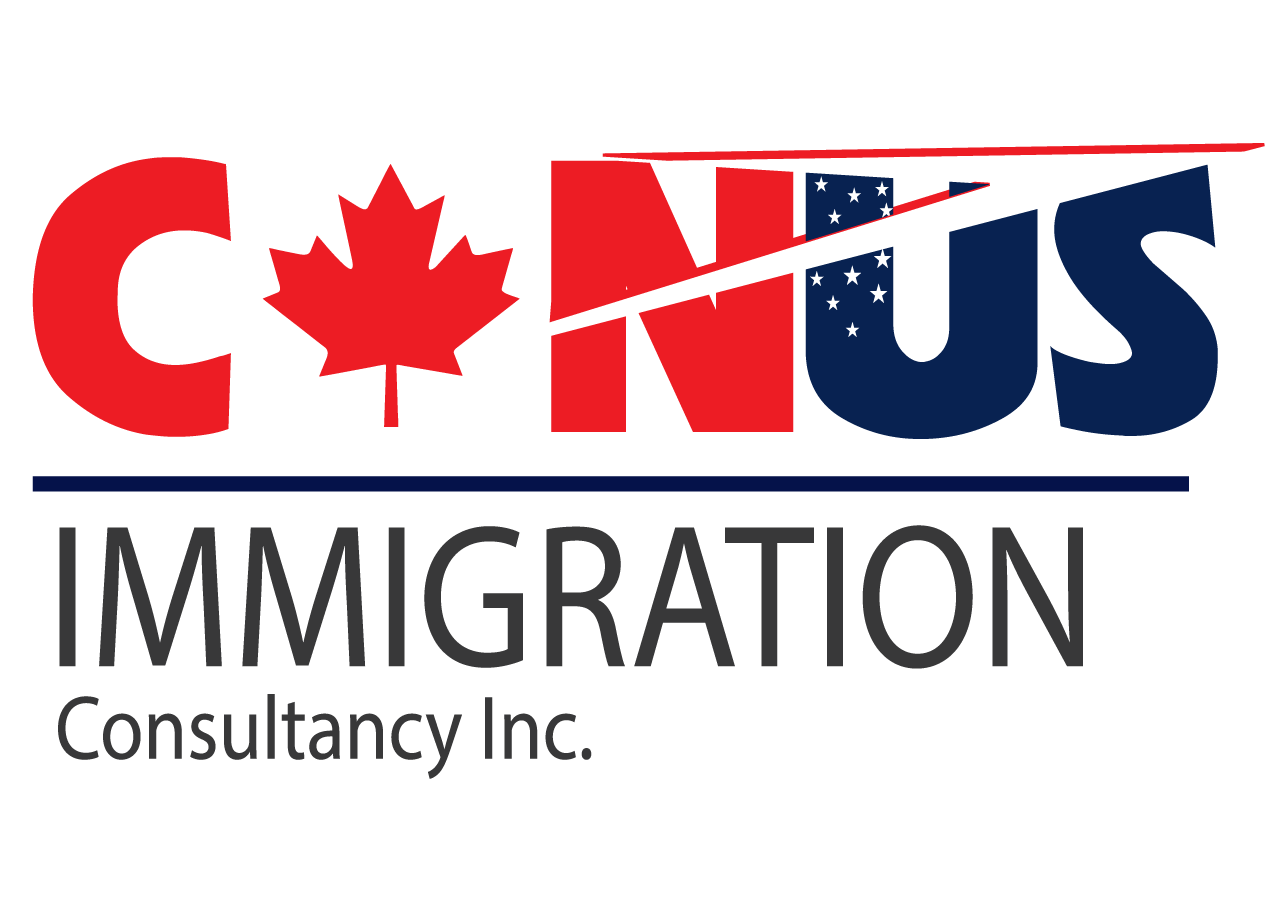Canada Family Sponsorship Explained: Key Steps and Requirements for 2025

Planning to bring your loved ones to Canada? The Canada family sponsorship process in 2025 brings some important updates that make family reunification more accessible than ever. As someone who’s helped many families navigate this journey, I understand how overwhelming the process can seem at first. But don’t worry – I’ll break down everything you need to know!
Whether you’re sponsoring your spouse, parents, grandparents, or children, this guide will walk you through the key requirements, updated income thresholds, and important deadlines for 2025. And if you’re thinking “I need the best immigration consultant near me to help with this process,” I’ll also share tips on when professional help might be beneficial.
Understanding Who Can Sponsor
The first step is knowing if you qualify as a sponsor. To sponsor family members in 2025, you must be a Canadian citizen or permanent resident, at least 18 years old, and live in Canada (except for spouse sponsorship). You’ll need to prove you can financially support your family members and meet the minimum income requirements, which have been adjusted for 2025 to account for inflation.
Who Can Be Sponsored?
Let’s talk about eligible family members under the Canada family sponsorship program. Your spouse, partner, or dependent children are usually the easiest to sponsor. Parents and grandparents fall under a different stream with an annual quota system. Here’s what changed in 2025:
- The dependent children age limit remains at under 22 years (unchanged)
- Common-law partnerships now require 12 months of continuous cohabitation
- Same-sex partners enjoy equal rights and similar documentation requirements
- Super visa options for parents and grandparents now offer longer stay periods
Financial Requirements for 2025
The updated income rules for 2025 match today’s higher living costs in Canada. You need to show you can support everyone in your sponsorship application, including your current family and the people you want to sponsor. IRCC now accepts many types of income – your job earnings, business profits, investments, and even some government support payments count! They’ll look at your tax papers from 2022, 2023, and 2024 to check if you’re financially stable.
If your own income isn’t enough to meet the requirements, you have a helpful option. Your spouse or partner can join as a co-signer, which means their income gets added to yours. Together, you might find it much easier to reach the required amount.
Just remember to include both sets of financial papers if you choose this option. The rules might sound strict, but they’re actually quite simple once you understand what income sources count and how to calculate your total family size.
Document Checklist and Preparation
Getting your documents ready early can save you months of processing time. For 2025, IRCC has simplified some requirements but added new verification steps. You’ll need:
- Identity documents (passports, birth certificates)
- Relationship proof (marriage certificates, photos, communication records)
- Financial documents (tax returns, employment letters)
- Police certificates from relevant countries
- Medical exam results
If all this paperwork feels overwhelming, you might think “I need to find the best immigration consultant near me.” While many people handle applications on their own, a professional can help ensure your documents meet all requirements. Just remember – digital files are now standard and IRCC only accepts paper applications in rare cases.
Processing Times and New Digital Systems
IRCC’s modernized digital platform has significantly improved processing times in 2025. Most straightforward spouse sponsorship applications now get processed within 12 months, while parent and grandparent sponsorship might take 20-24 months. The new online portal lets you:
- Track your application in real-time
- Upload additional documents easily
- Receive updates directly through the portal
- Schedule biometrics appointments online
Common Challenges and Solutions
Most families face a few bumps when sponsoring their loved ones. But knowing what to expect makes things easier. People who went through this process share what worked best for them. Here are the main challenges and what helps:
- Proving Real Relationships: Immigration officers want clear evidence that relationships are genuine. Include your marriage certificate along with proof of shared life. Regular video calls and messages show the ongoing connection between Canada and your home country. Joint bank accounts and shared bills prove couple’s life. Travel records and photos from visits to Canada or your home country help tell your story.
- Meeting Money Requirements: Some sponsors work extra hours to meet Canadian income needs. Finding a qualified co-signer who lives in Canada is another option. Your province’s cost of living affects required income levels.
- Document Preparation: Gather the required paperwork early to avoid delays. Official documents from both Canada and your home country need proper certification. Keep both digital and paper copies of everything. Create a clear timeline for collecting each document. Stay organized with an application checklist.
- Language Requirements: Your application package needs everything in English or French. Find certified translators before you start. Immigration consultation agencies across Canada often suggest reliable services. You can also contact Canus Immigration for assistance.
Local immigrant groups are great places to learn from others’ experiences. They often know what works best in your area. Every problem has an answer – it just takes some planning and the right help to find it!
Special Considerations for 2025
There are several key parts to Canada family sponsorship beyond just filling out forms. As a sponsor, you need to prove you can support your family members financially by showing enough income for basic needs like food, housing, and clothing.
You need to show your relationship is genuine by providing photos, messages, and records of how you stay connected. The government looks for clear evidence of real family bonds.
Your family member needs health coverage upon arrival. Each province has different healthcare rules, so check what coverage they’ll get and when it starts. Some provinces have waiting periods before coverage begins.
As a sponsor, you promise to support your family member financially for several years, depending on your relationship type. Make sure you understand this commitment before starting. The application process is now mostly online, making it easier to submit forms and track cases. Free help is available from government offices if you need support with the digital system.
